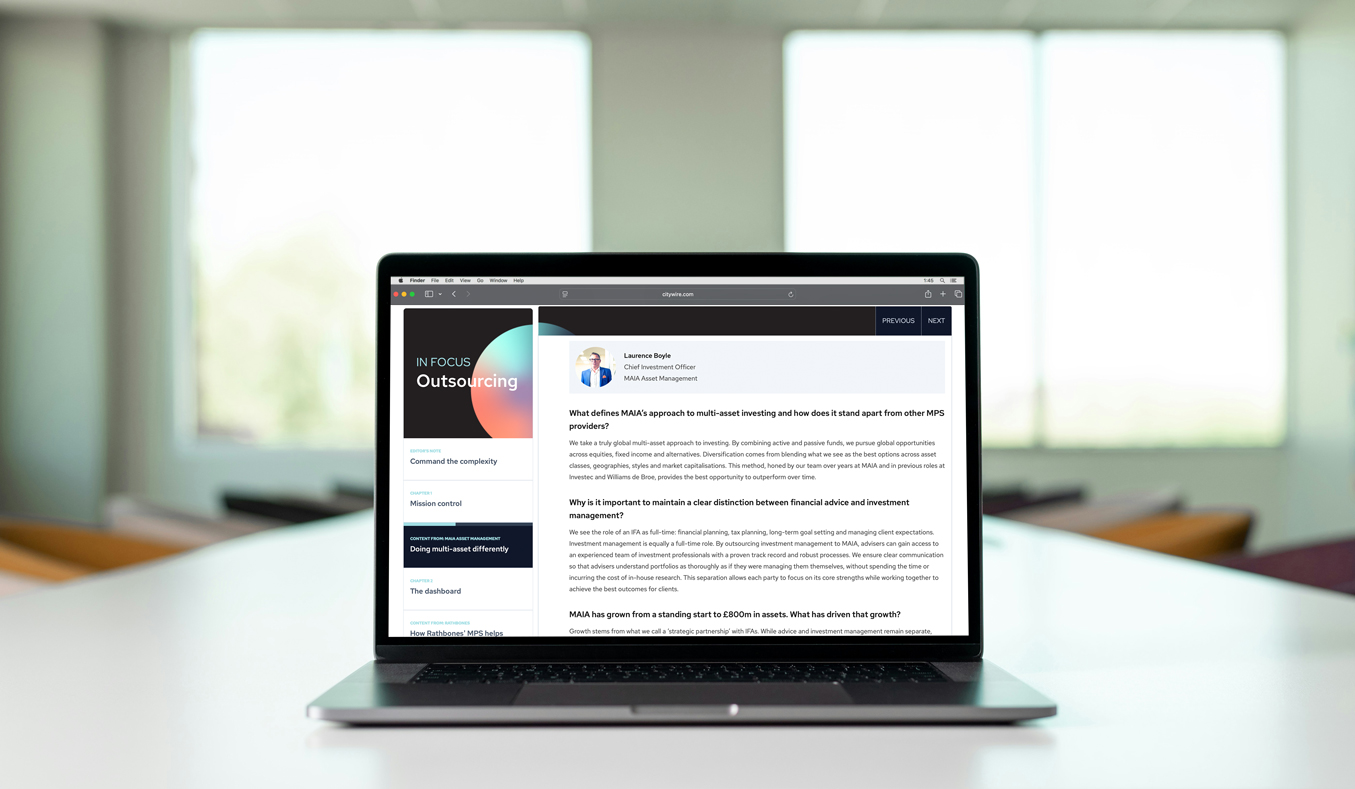At lunchtime on the 5th September, Liz Truss was announced as the next UK Prime Minister after Boris Johnson resigned back in July.

It is not an easy start for the new Prime Minister and her cabinet, as the UK economy continues to fight many battles as growth slows and costs rise for consumers and businesses.
Cost of living crisis:
The first point of call for the new Prime Minister will be tackling the cost of living crisis. UK households will face an ever-increasing income squeeze as inflation and rising fuel prices impact savings built up during the COVID pandemic which will lead to discretionary spending taking a hit. With the latest energy price cap now known, the increase in energy bills predicted will amount to over 5% of the average annual income, on top of what is already being paid. This will occur at the same time as mortgage payments increase, interest rates rise and other product prices rise due to supply shortages and increasing inflation.
There are higher than average savings levels to help with this as well as rising wages. However, the rise in wages is not high enough to cover inflation at these levels. The dispersion of savings and wage increases within the population mean that more needs to be done by the new Prime Minister to ease the cost-of-living crisis over the coming months.
With strike action continuing across sectors due to the large fall in real pay, more focus will need to be undertaken with specific industries and Unions, at the same time as implementing fiscal stimulus and tax reduction, to help UK workers through the current crisis. This is key to prevent wage inflation from spiralling out of control and leading to higher inflation levels over time.
Business investment and the UK economy:
The Bank of England is predicting a UK recession lasting around 15 months due to the impact that higher interest rates and higher inflation will have on the economy over the coming months.
Valuations on businesses have started to price this in already, even with many businesses being able to pass on price rises, grow earnings and continue to increase market share.
The impact that higher costs, slowing demand and higher inflation will have should lead to earnings falling and growth slowing, but this bad news has already been priced into valuations. The UK domestic FTSE 250 has underperformed the large cap FTSE 100 over the past year and has a valuation level (price to book) not seen since 2009 and the height of the COVID crisis. We would argue that the outlook for UK business is far more positive than the past two years, and the large discount is reflecting that risks are priced in.
Any help to UK businesses from tax cuts, VAT reduction and caps on energy costs will be a huge boost and should help companies to manoeuvre what will become a tricky period ahead. Without this, further risks to certain businesses could increase the chances of a longer lasting recession.
In conclusion:
If the new cabinet addresses the risks to the UK economy and its electorate head on and implements the large fiscal spending pledges that have been stated so far, it should help to ease some of the concerns for the UK economy. It may end up providing debt issues over the longer term, but the new government will be focusing on the short term for now.
As investors, we will be focusing on how any increased spending impacts the UK economy and assets in the short term, the implications for the long term and whether what has already been priced in is correct. Investment markets and economies are different and investments price in the future far quicker, and so if we wait for the worst of recession to come, we may be missing out on growth in investments. For us, this is the most important factor for long term investing. It is easy to get blinkered with the here and now, but a lot of that is already priced in by efficient markets.
This website is aimed at Independent Financial Advisers, please tick the box to confirm that you are an IFA before entering the website.








